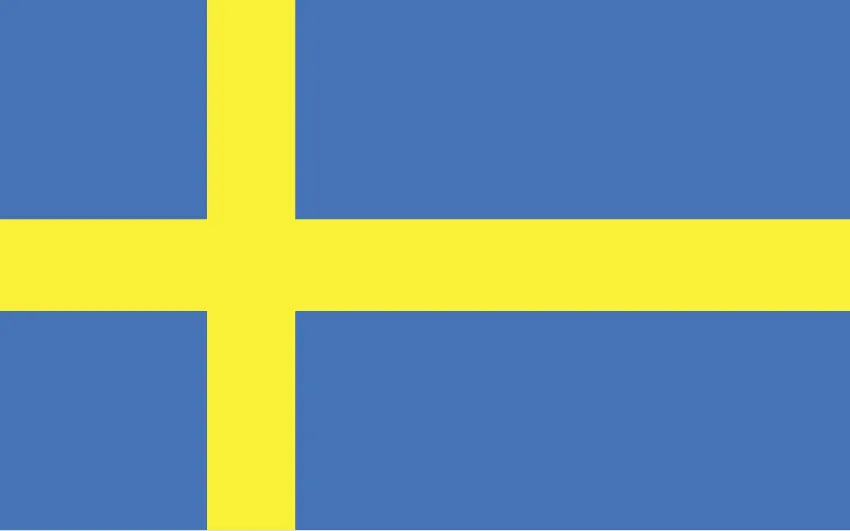The Swedish National Board of Housing, Building and Planning (Boverket), under the Swedish Ministry of Rural Affairs and Infrastructure, and the Swedish Energy Agency (Energimyndigheten), under the Swedish Ministry of Climate and Enterprise, are responsible for implementing the Energy Performance of Buildings Directive in Sweden. The Swedish National Board of Housing, Building and Planning is responsible for the building regulations in Sweden.
Sweden had most elements of the EPBD already in place in 2014. Since then, Sweden has been working on evolving the Nearly Zero Energy regulations, i.e., establishing the NZEB levels and a numerical indicator for energy performance.
Sweden introduced NZEB regulations in the Planning and Building Ordinance, PBF (2011:338) in December 2016, and in Boverket’s Building regulations, BBR (BFS 2011:6) in 2017, with the new concept, the primary energy number, as a measure of the building’s energy performance. In 2018, NZEB and the primary energy number were introduced in Boverket’s Regulations on energy performance certificates for buildings, BED (BFS 2007:4).
In July and September 2020, the PBF and the BBR were revised when weighting factors, instead of primary energy factors, were introduced. This revision also meant that the requirements for energy performance for buildings were tightened. In March 2021, the Act (2006:985) on energy performance certificates for buildings (EPC) as well as Boverket’s BED was updated regarding inspections.
Sweden’s Long-Term Renovation Strategy (LTRS) was published and made public in March 2020. The LTRS describes Sweden's building stock and provides an estimate of the pace as well as the need for renovation. The strategy also describes relevant instruments and measures and contains a roadmap with indicative milestones for 2030, 2040 and 2050.
Energimyndigheten and Boverket have made efforts to raise public awareness concerning energy use and the requirements in the Directive (EU) 844/2018. Information campaigns, web-based tools regarding energy saving measures, etc. have been distributed to raise public awareness.
For example, in 2017 Boverket was commissioned by the government to establish and run a ‘national information center for sustainable buildings’. The purpose of the center was to facilitate energy-efficient and sustainable renovation and management of buildings by compiling and making information available free of charge in a way that is easily accessible to relevant actors in the sector. Between 2018 and 2020 a private information service company with partners was commissioned to run the information center. Since 2021, Boverket is responsible for the information center, which is freely available on Boverkets website.
Sweden is currently working on analysing and preparing the implementation of the recast directive (EU2024/1275).
Partner Organisation

